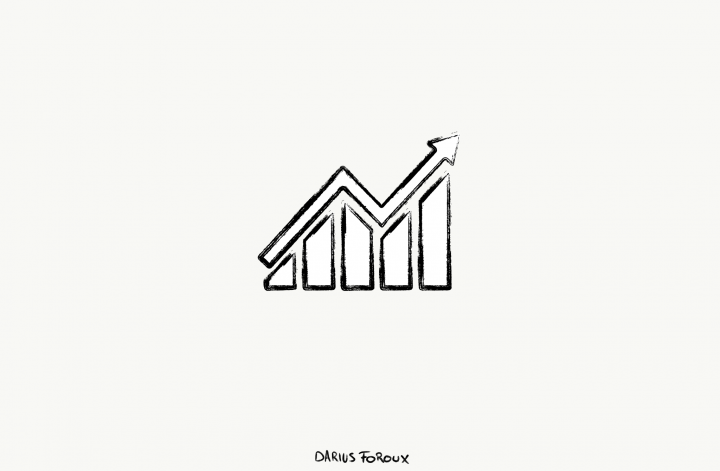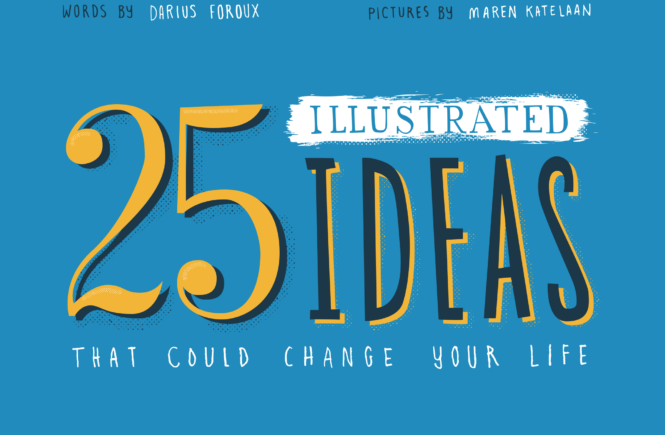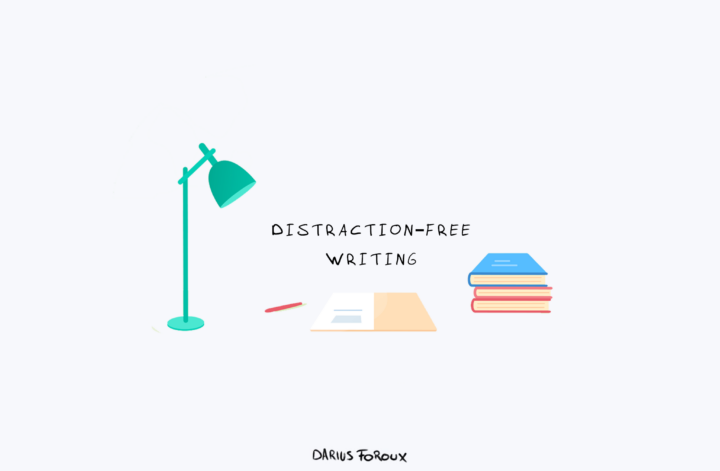When most people are turned down for a job, they just apply for another one. You’ve prepared extensively and went through every scenario in your head. But what if you had an off day? What do you do if you are turned down for your dream job?
My friend Gerard, who is a User Experience Designer, recently had an interview with a digital agency. He wanted to work for this agency ever since he got out of college. And he was excited to finally get an interview for his dream job as a UX designer. But he didn’t perform well during his interview, so he didn’t get the job.
At first, he felt sad. “I really wanted that job,” he said when he called me on his way home from the interview.
Gerard said, “the interview was pretty awkward. I didn’t have the feeling I showed them how good I am.” So I asked him, “why do you think you didn’t get the job?”
When things go wrong, we often don’t take the time to understand why. However, learning from personal experiences and our mistakes is one of the best traits that you can have. Gary Vaynerchuk, CEO of Vaynermedia, and social media expert says: “Self-awareness is your most important attribute.”
Gerard showed self-awareness by identifying why his interview didn’t result in a job offer. “I didn’t demonstrate my skills enough,” he said.
How do you demonstrate your skills during an interview? Articulating your skills can be difficult. We often don’t want to brag. So you have to be a good communicator to show someone how awesome you are without being arrogant. But paradoxically, because we fear to come across smug, we act the opposite—we become timid. That’s how Gerard felt.
So he figured—the best way to demonstrate my skills is to prove my skills with my work, not my words. When he arrived home, he didn’t write a thank you email, asking for feedback. He knew the feedback already.
Instead, he went to the agency’s website. He scoured their portfolio and picked a client and wrote a report on how the agency could add more value to that client. He basically did his work without formally working for the agency. Over the weekend, he wrote a report with 4 different UX improvements for the agency’s client. He also laid out how he would go about implementing the improvements he suggested.
On Monday morning, he emailed his report to the hiring manager. In his email, he explained how he learned to improve his communication skills:
“I still think I’m the right person for this job. To demonstrate that, I wrote a rapport for (client name) with my recommendations for UX improvements.
You can use this report regardless of your decision to hire me. I’m convinced the client will benefit from these improvements, which can result in more revenue for the agency.”
Result? My friend was asked to come back for another interview, and this time, he made sure he was prepared with stories and examples of how he solved problems. Plus, he had the best story—how he made a report for the agency’s client without getting the job. The hiring manager made him a job offer on the spot.
Lessons To Find Your Dream Job
1. Add value before you go to an interview
“Next time, I’m doing the report BEFORE my interview. I still hate interviewing.” We often feel forced to show how awesome we are during an interview. “That’s just not me,” said Gerard.
Do you also feel that interviews can be a bit forced, or fake? Try to add value before you have the interview.
Are you not a UX designer? No problem, this method can work everywhere. Be creative, ask yourself, “how can I do the job without actually working for the company?” It’s fine to make assumptions if you don’t have all the information you need.
That’s what Gerard did, “some things about the client I didn’t know, so I made a few assumptions.” Gerard’s manager understood that he couldn’t know everything. He liked Gerard’s ideas and he didn’t care about the details—you can work on details later.
Adding value upfront shows that you are a problem solver and someone who cares about the company. His manager told him later that is why he hired Gerard. The world needs problem solvers, not people who only do as they are told.
But unlike Gerard, save yourself some time—send your report or work BEFORE the interview. Alternatively, you can bring it with you to the interview.
2. Practice Self-Awareness
You would think that you know yourself. After all, you’ve spent every day of your life with yourself, right? Wrong, says Peter Drucker, one of the most cited management theorists ever. Drucker wrote an article about knowing yourself. In Managing Oneself, Drucker says:
“Most people think they know what they are good at. They are usually wrong. More often, people know what they are not good at—and even then more people are wrong than right. And yet, a person can perform only from strength. One cannot build performance on weakness, let alone on something one cannot do at all.”
Drucker also says that you can develop your self-awareness with feedback analysis. The idea is simple: before you make a decision, write down what you think the outcome will be. 12 months later, compare the actual result with your expectations. You will soon find out if our out of sync with yourself or not.
I love Gerard’s story mainly because he didn’t give up, and try to add value to the company. He wanted to work for the agency so bad, that he did free work and handed it to them. He didn’t expect the job. And even though it took extra effort, my friend now has a job he loves.
The truth is: everybody wants to have their dream job. So you HAVE to do something unconventional to get your dream job. It won’t just land in your lap.




